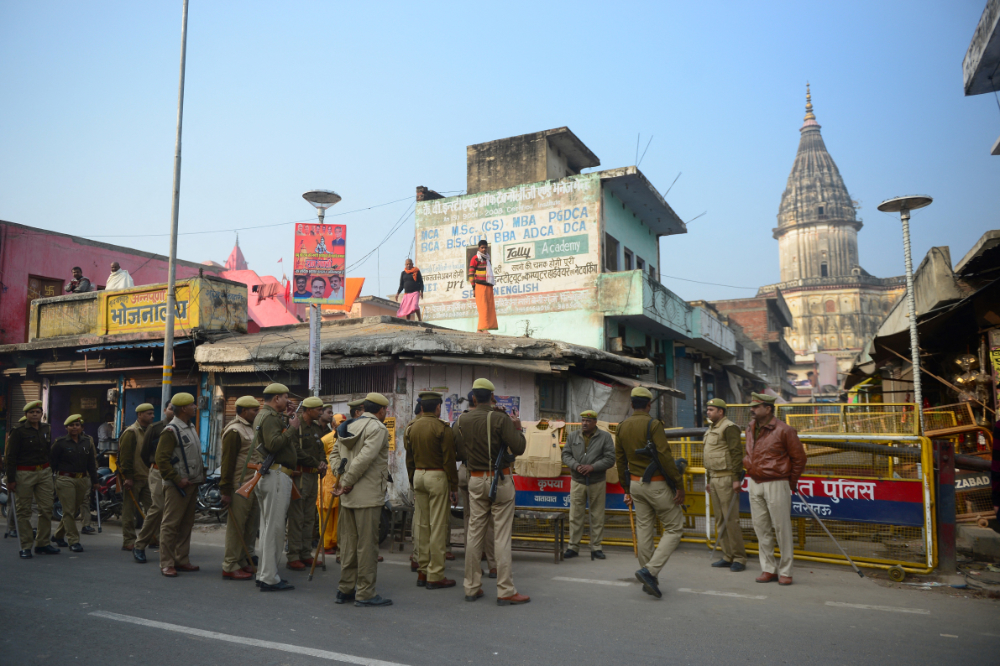Egypt, Sudan to hold joint drill amid Ethiopia Nile dispute
CAIRO: Egyptian military forces arrived in the Sudanese capital of Khartoum ahead of a joint drill amid mounting tensions with Ethiopia over a decade-long Nile water dispute, Sudan’s state-run news agency reported Friday.
The dispute focuses over the controversial dam that Ethiopia is building on the Blue Nile, the Nile River’s main tributary. Egypt and Sudan want an international agreement to govern how much water Ethiopia releases downstream, especially in a multi-year drought, fearing their critical water shares might be affected.
According to Sudan’s state-owned SUNA news agency, Sudanese and Egyptian forces will hold the maneuvers dubbed “Guardians of the Nile” from mid-next week to the end of the month aimed at “strengthening bilateral relations and unifying methods on dealing with threats that both countries are expected to face.”
The report did not say how many troops would participate. Apart from those that landed at Khartoum Air Base, another contingent of soldiers and army vehicles were expected to arrive by sea.
Last November, Egyptian and Sudanese commando units and air forces held the drill dubbed “Nile Eagles-1” — the first joint military exercises since the ouster of Sudanese autocrat Omar Al-Bashir in 2019.
Talks with Ethiopia stalled in April; international and regional efforts have since tried to revive the negotiations over the Grand Ethiopian Renaissance Dam without success.
In March, Egypt’s President Abdel Fattah El-Sisi warned that his country’s share of the Nile waters was “untouchable” and that there would be “instability that no one can imagine” in the region if Ethiopia fills the reservoir without an international agreement.
Egypt and Sudan argue that Ethiopia’s plan to add 13.5 billion cubic meters of water in 2021 to the dam’s reservoir is a threat to them. Cairo and Khartoum have called for the US, UN, and the European Union to help reach a legally binding deal. The agreement would spell out how the dam is operated and filled, based on international law and norms governing cross-border rivers.
Egypt relies on the Nile for more than 90 percent of its water supplies. Ethiopia says the $5 billion dam is essential, and that the vast majority of its population lacks electricity. Sudan wants Ethiopia to coordinate on the dam’s operation to protect its own power-generating dams on the Blue Nile.
The Blue Nile meets the White Nile in Khartoum, before winding northward through Egypt into the Mediterranean Sea.

Ethiopia rejected 15 Egyptian ideas to resolve Nile dam dispute: Water ministerSudan warns of legal action against Ethiopia over dam



